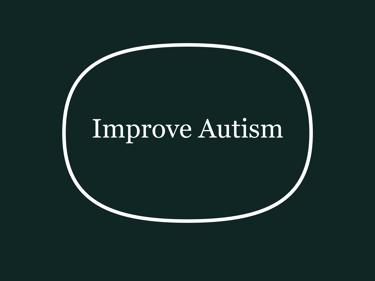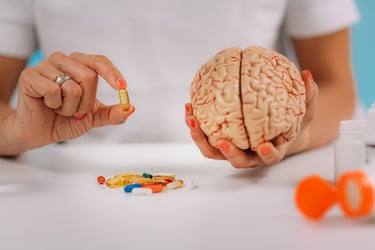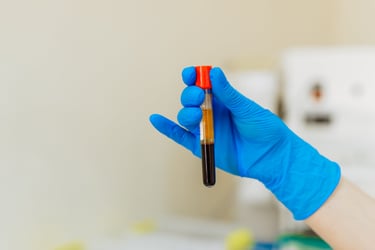Vitamin A for Autism
Why take Vitamin A for autism?
How can I take Vitamin A?
How does Vitamin A help?
Useful tests for Vitamin A
Scientific research on vitamin A and autism
Vitamin A is necessary for BRAIN DEVELOPMENT in early children so make sure that they get enough VITAMIN A as EARLY as they can.


"But wait, my child is not nutrient deficient. I feed them fine."
A lot of individuals with autism have micronutrient deficiencies. Which means we only need small amounts of them, but there are only small amounts in the food we eat.
One of the main reasons autistic children may have these deficiencies are due to the that fact that they are often picky eaters but also often have poor gastrointestinal health which is often missed or overlooked. This affects absorption of nutrients and production of normal vitamins and neurochemicals produced by the gut.
Correcting low Vitamin A can be done through addressing these gastrointestinal issues but also through Vitamin A supplementation.
Why take Vitamin A for autism?
Because many studies show it can help improves autism symptoms.


One study by Min Gou and team showed that children who were given a single high dose of vitamin A orally (200,000 IU) had significant improvement in autism symptoms when measured six months later[16].
This study used a high dose of Vitamin A which is recommended for children with Vitamin A deficiencies (MSF & WHO recommendation.)
Many children in this study already had low level of Vitamin A. This was a small study but all 33 children showed some improvement.




One study by Juan Liu and team showed in this study that 77.9% of children with autism had a vitamin A deficiency along with other vitamins including B12, folate, vitamin D and ferritin however, these were not as significant or obvious low as vitamin A [15].
Another study by Ni Wang and team found that children with autism had significantly lower Vitamin A levels compared to non-autistic children on average 12% lower [14].
This may not seem like much but Vitamin A is a micronutrient meaning that we use and need small amounts of it and if lacking especially during development it can have a significant effect on body and brain development.






12% lower
As discussed in other sections nutrient deficiencies seem to be an ongoing and common theme in people with autism. Vitamin A happens to be one of these nutrients which are often low.
Vitamin A plays many important roles in the body including:
production connection of new neurons in the brain
regulation of serotonin in the body
helping maintain balance of good microbiota within gut
helping regulate the immune system
helping regulate neuro chemicals like oxytocin which play a role in social memory and interactions [18].
The fact that vitamin A plays an important and wide role in the body deficiencies in this have been linked to autism symptoms and often individuals with autism have low vitamin A [14, 15, 16].
It's important to get enough vitamin A however we also need the proper gut microbiome and bacteria to help convert it to a usable form which our body needs.
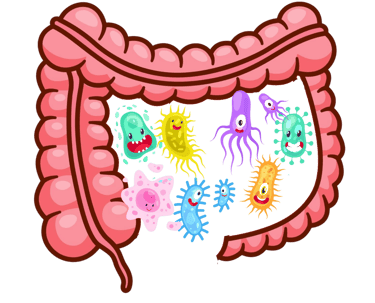

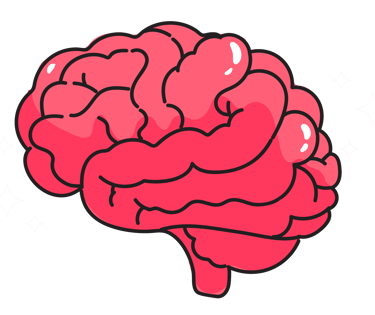



Vitamin A
How to take Vitamin A
NOTE:
Many children with autism often have low vitamin A. Vitamin A is necessary and required for normal brain and body development. Without it, children cannot develop properly.
However, too much vitamin A can also have side-effects and can even be bad for you.
It's always good to check vitamin A levels before deciding to give any high dose supplementation. This can be done with a blood test by your doctor.
Your aim is to ensure your child has enough vitamin A and not too much. Any extra Vitamin A is stored in the liver.
The studies included on this website gave two different doses of vitamin A in two methods.
Two study gave a single very large dose of 200,000 international units of vitamin A orally.
Another study gave 400-600 mcg RAE as a weekly dose[18A].
Most of the studies check up on the children at 6 months and this was when symptoms were reported as improved or not.


There are many different types of vitamin A tablets and capsules available in different doses. There are even liquid forms.
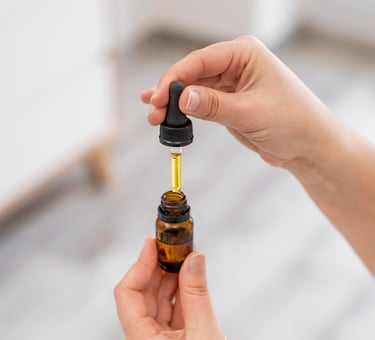

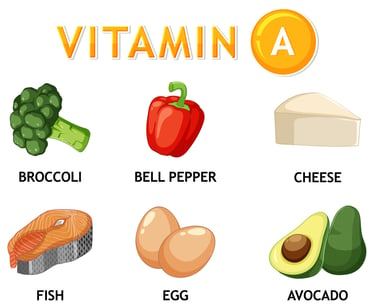





You can even add vitamin A to your diet. Or supplement with cod liver oil.
How Vitamin A helps in Autism




Child with autism and low vitamin A


Vitamin A necessary for normal brain development. Without enough, normal development is affected, and low Vitamin A is highly associated with autism[15, 16, 17].






Adding Vitamin A supplements, cod liver oil or high vitamin A diet can increase available vitamin A.


Vitamin A gets converted in part to an active form by our gut microbiota. Without the correct microbiota to help convert the Vitamin A then we do not have the active form of it available for our body to use(Bonakdar et al, 2022).




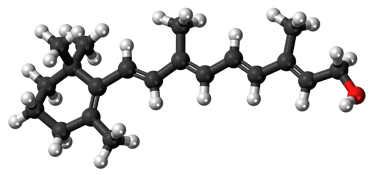





Vitamin A


Vitamin A gets converted to its active form retinoic acid which the body and brain use. It also used by the gut to build and protect the intestinal lining.
Sufficient amounts of vitamin A and correct microbiota help in providing retinoic acid to the body which can help in normal development and has been shown to help improve symptoms of autism[15,16, 17].
